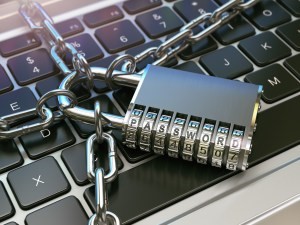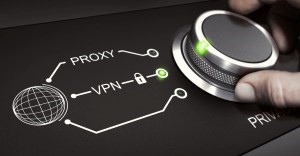Keeping it Private
Scam Alert Advisor | 21 Feb 2019

|
Hackers don’t just want your credit card or bank details, they’re also after your NRIC number, date of birth, home address or any unique information that can be used to verify who you are and steal your identity to do some pretty nasty things. Despite the belief that privacy is dead in this day and age, steps can still be taken to protect your personal details online to protect them from being misused. Here are four good practices you can adopt to protect your personal information online. |
|
 . .
|
Shred your mail before you throw it out. Simply shoving old mail down the rubbish chute doesn’t make your sensitive information magically disappear. The saying, “One man’s garbage is another man’s gold” comes to mind in this case. Some scammers will go to great lengths to obtain your particulars, including digging through your trash. Before you get rid of your old bills, invoices or any letters that contain sensitive information, spend a few extra seconds tearing them up to avoid becoming another scam statistic. |
|
|
Stop using one password for EVERYTHING Trying to memorise dozens of passwords for various online banking, email and social media accounts can be a pain, but using the same password for every single account you have online is virtual suicide. There are apps that help store your passwords so you don’t have to remember them, and if you’re still sceptical about technology, pen and paper works too (remember not to place it where people can see it or have easy access to, and definitely don’t forget to tear it up before you ditch it, though). It also helps to come up with a strong alphanumeric (a mix of letters, numbers and symbols) password instead of just keying in your date of birth (tip to aid recall: consider using a phrase which you can remember, e.g. “sunisbright7*!”) |
|
|
Get a VPN or anti-malware programme If you’re willing to spend a few extra bucks a month, invest in a Virtual Private Network (VPN) or anti-virus programme. VPNs creates a secure connection and shield your browsing activity from prying eyes, especially if you’re connected to public Wi-Fi. Anti-virus programme, as the name suggests, help to detect and remove malware (malicious software), which hackers use to steal your data as and when they please. |
|
|
Think before you type The internet can be a dangerous place if you blindly share your sensitive personal information with the rest of the world. Secure websites typically have URLs that start with ‘https’ instead of ‘http’ and display a locked padlock icon. Your internet browser may even state whether the site in question is indeed secure or not. Keep an eye out for signs of a secure website, or lack thereof. If something smells fishy, it probably is. Your best bet is to err on the side of caution and get out of there. Granted, the internet is filled with hackers, scammers and creepy 40-year-olds preying on innocent children. But that doesn’t mean you’ll have to go completely off-grid and live like a hermit. You’ll just have to play it smart and adopt some good habits to ensure your personal information doesn’t fall into the wrong hands. |



